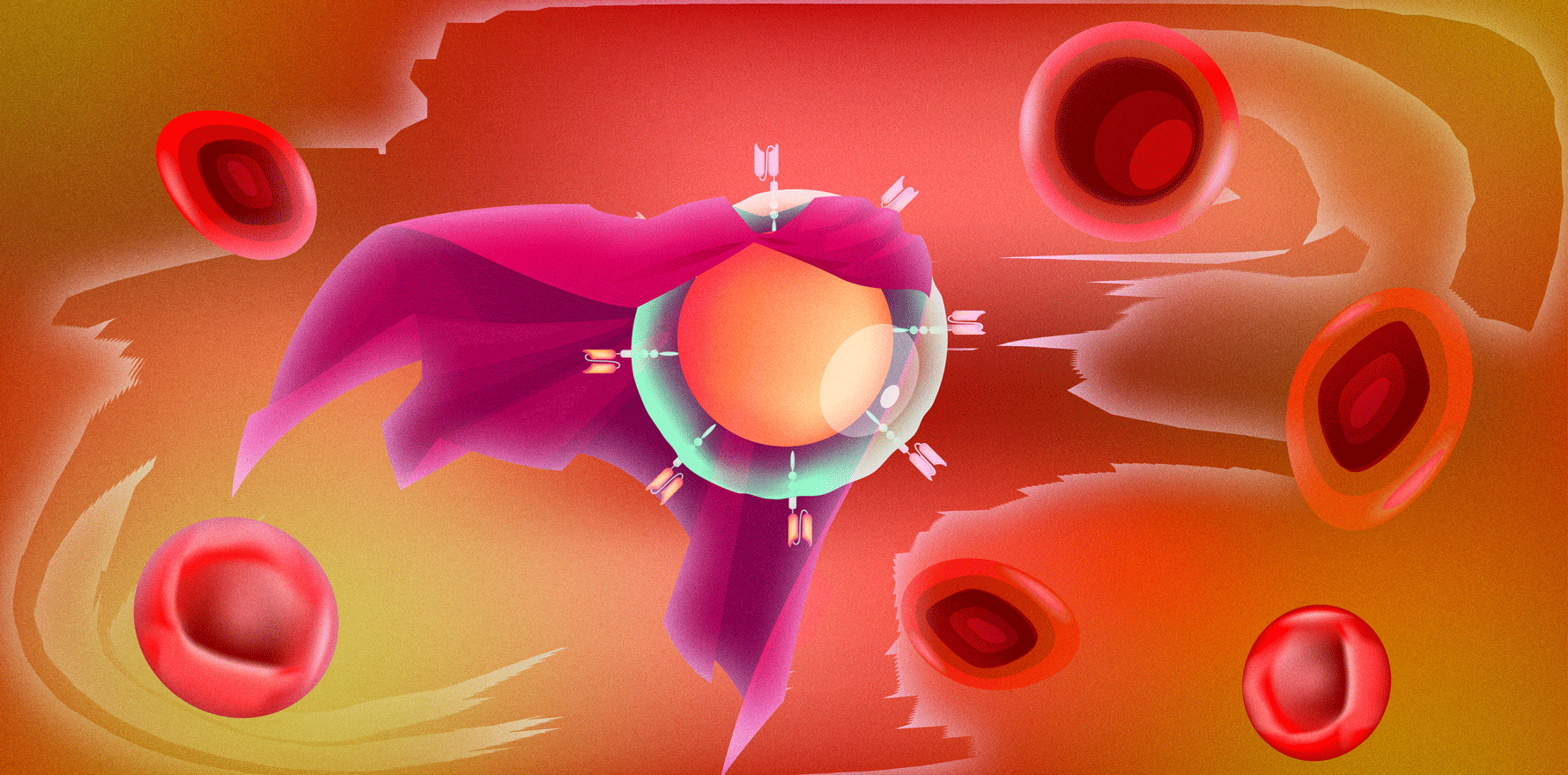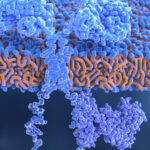A Lancet report suggests myositis is next in line.
Researchers in Germany have successfully used CD19 CAR T-cells to treat a patient with an idiopathic inflammatory myopathy.
The group, led by Professor Georg Schett, reported last year that it had successfully treated five lupus patients with the CD19-depleting CAR T-cell therapy in a therapeutic breakthrough using a treatment originally developed for cancer.
“This new case study is an exciting development as there is a pressing need for more effective treatments for patients with refractory myositis,” said consultant rheumatologist Dr Jessica Day of Royal Melbourne Hospital.
“The study findings also provide further support for a role for B cells in the pathogenesis of antisynthetase syndrome,” said Dr Day, who also leads translational work in myositis at the Walter and Eliza Hall Institute.
In a letter to The Lancet, Professor Schett’s team presented a case report of a 41-year-old man with refractory antisynthetase syndrome.
The patient had increased creatinine kinase levels, muscle inflammation, interstitial lung disease, Raynaud’s syndrome, periorbital oedema and anti-Jo-1 autoantibodies.
He’d had continuously active myositis over the previous 18 months and been placed on several different treatments, including oral glucocorticoids, IV rituximab, IVIG, oral tacrolimus and IV cyclophosphamide, that were ultimately unsuccessful.
Symptoms on presentation included severe muscle weakness, pain and shortness of breath requiring supplemental oxygen.
Chimeric antigen receptor (CAR) T-cell therapy involved harvesting the patient’s T cells, engineering them to carry a receptor for CD19-positive B cells, then infusing them back into the patient.
Immediately after treatment the patient experienced an increase in pain and creatinine kinase concentration, which have been reported as part of cytokine release syndrome, but it resolved within three days.
The patient then went on to improve in physical function, regaining muscle strength and muscle endurance. By six months post treatment, his 30 second sit-to-stand test improved from zero at baseline to seven repetitions and maximum walking distance increased from 10m to over 5km.
Creatinine kinase was normal, the anti-Jo-1 antibodies disappeared, lesions suggestive of myositis were no longer evident in MRI, alveolitis was resolved and he no longer needed supplemental oxygen.
The ACR/EULAR total improvement score for antisynthetase syndrome was 87.5 at day 46 and 98 at six months.
“Taken together, this case shows the feasibility, tolerability, and efficacy of CAR T-cell therapy for the treatment of idiopathic inflammatory myopathies,” concluded the authors.
“We observed a complete resolution of antisynthetase syndrome in this patient despite the cessation of all immunosuppressive drugs, and this resolution was sustained even after the reconstitution of B cells,” they wrote, adding that long-term follow up will be needed to determine whether the condition was permanently resolved.
⚡️Wow ! A patient with an idiopathic inflammatory myopathy was successfully treated with CD19 CAR T cells @TheLancet .
— Vivek Subbiah, MD (@VivekSubbiah) February 20, 2023
Now cell therapies will be used for inflammatory myopathies
??Müller et al https://t.co/qxGKMUlmd5 pic.twitter.com/VlOB2jVMrl
.
Dr Day said that rituximab is often effective for antisynthetase syndrome, but the lack of sustained response in this patient suggests that incomplete or only transient depletion of tissue-resident B cells may have been achieved.
“Clearly anti-CD19 CAR T cells can induce B-cell depletion of greater depth and duration. It’s striking that disease remission was maintained despite cessation of all other immunosuppression and the reconstitution of B cells, indicating that the pathogenic state of the B cell compartment had been successfully reset,” she said.
The research team has stated it’s planning more studies on patients with dermatomyositis and systemic sclerosis.
Dr Day says applying CD19 CAR T cells to other myositis syndromes may also be beneficial – particularly those in which autoantibodies are believed to be pathogenic, “such as anti-HMGCR+ or anti-SRP+ immune-mediated necrotising myopathy.
“Application to other myositis subtypes that are associated with a poorer prognosis or refractory disease course such as non-Jo1 antisynthetase syndrome and anti-MDA5+ dermatomyositis would also be of interest,” she said.
“Conversely, the key cellular players in myositis syndromes such as seronegative necrotising myositis, seronegative polymyositis and inclusion body myositis are not fully understood. More sophisticated understanding of these diseases is necessary to harness the potential of targeted CAR T-cell therapy.”





